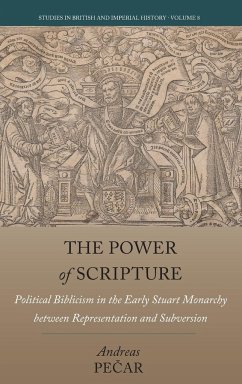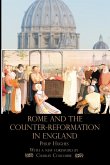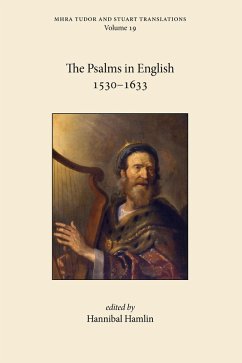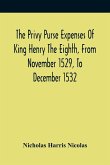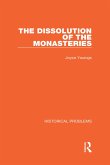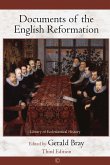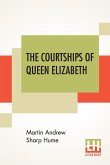In England, from the Reformation era to the outbreak of the Civil War, religious authority contributed to popular political discourse in ways that significantly shaped the legitimacy of the monarchy as a form of rule as well as the monarch's ability to act politically. The Power of Scripture casts aside parochial conceptualizations of that authority's origins and explores the far-reaching consequences of political biblicism. It shows how arguments, narratives, and norms taken from Biblical scripture not only directly contributed to national religious politics but also left lasting effects on the socio-political development of Stuart England.
Hinweis: Dieser Artikel kann nur an eine deutsche Lieferadresse ausgeliefert werden.
Hinweis: Dieser Artikel kann nur an eine deutsche Lieferadresse ausgeliefert werden.

